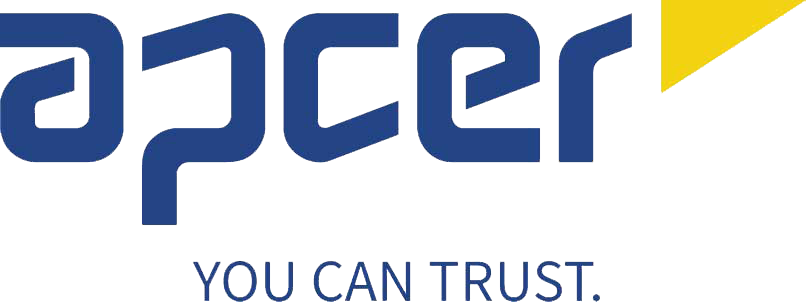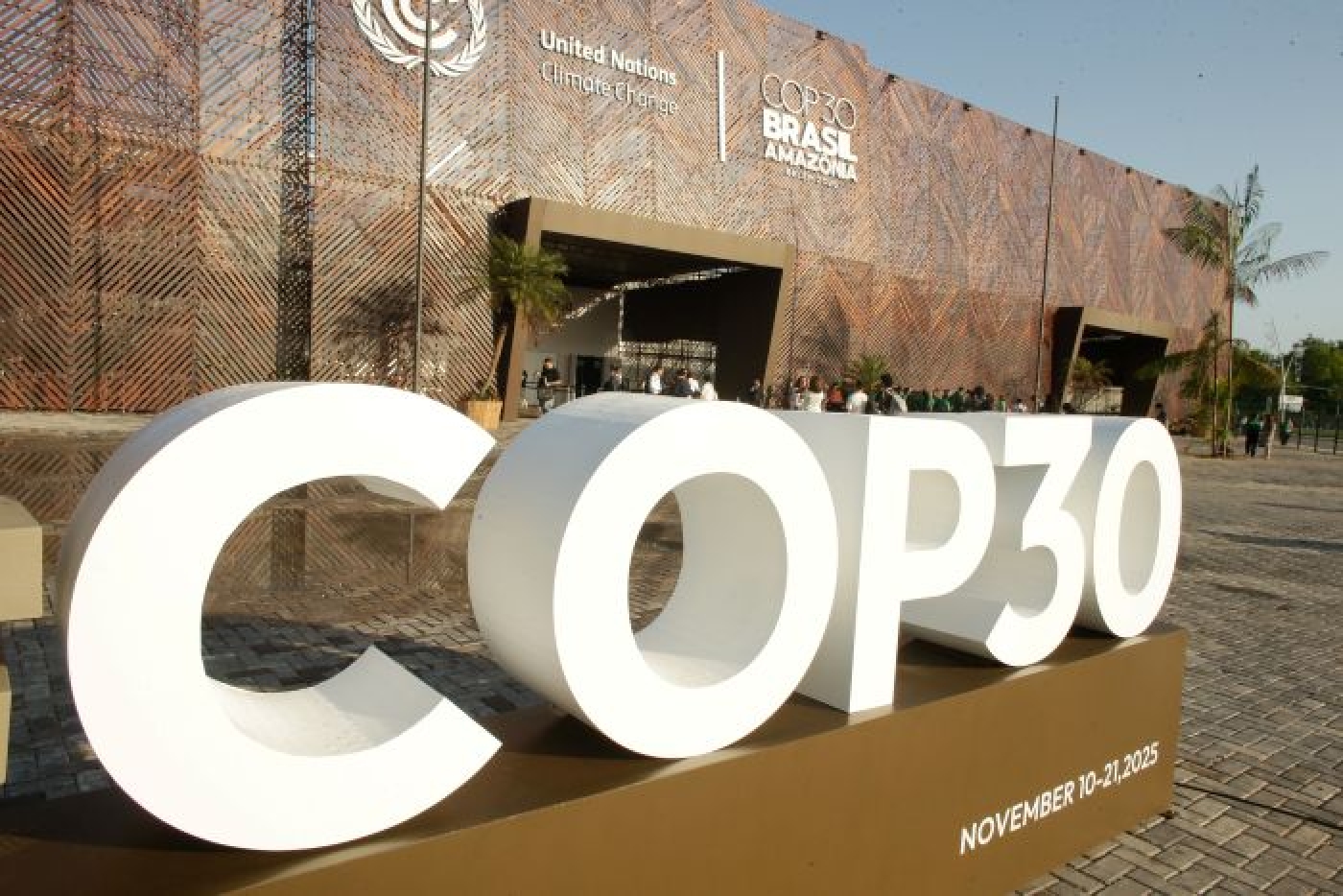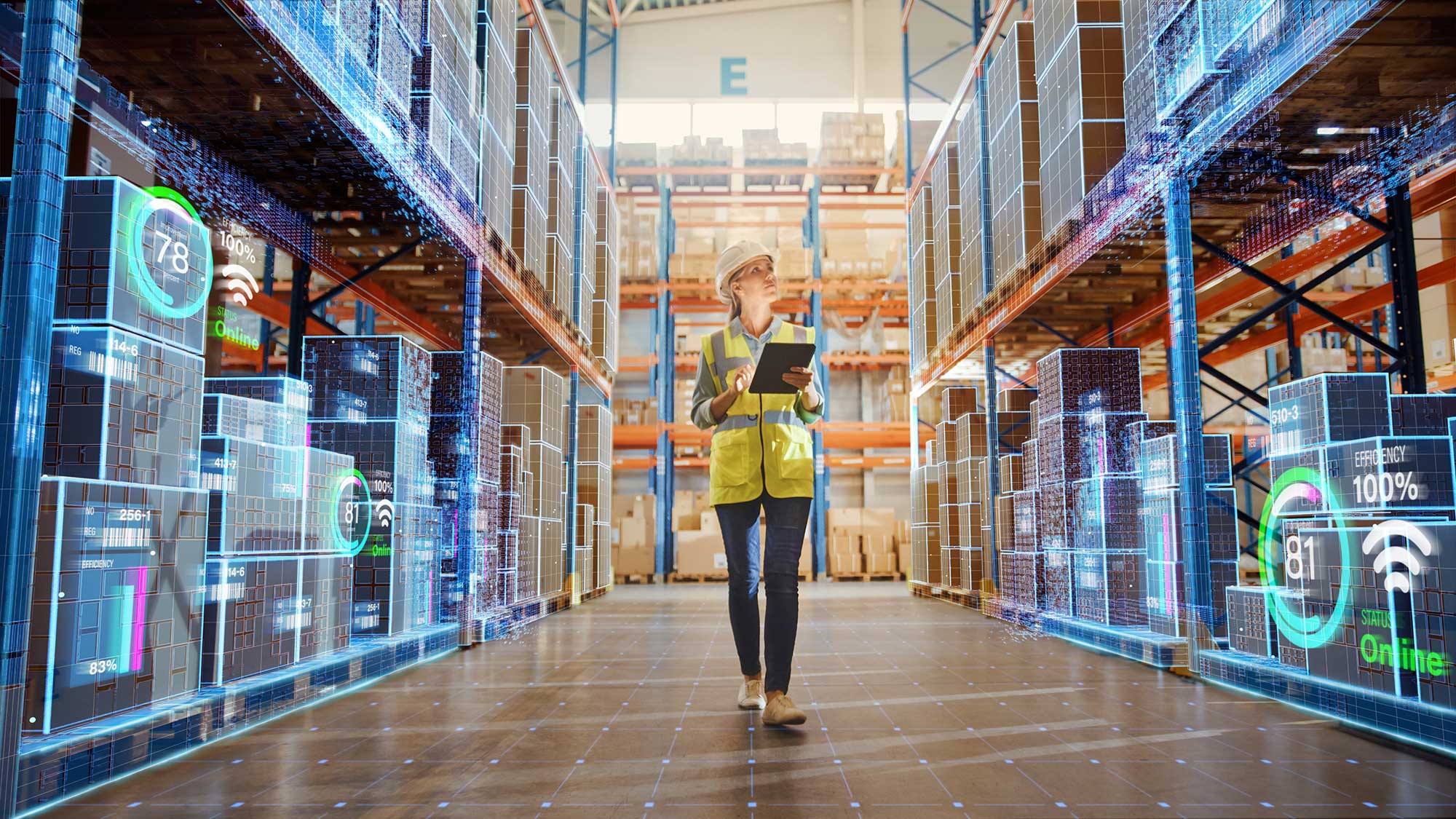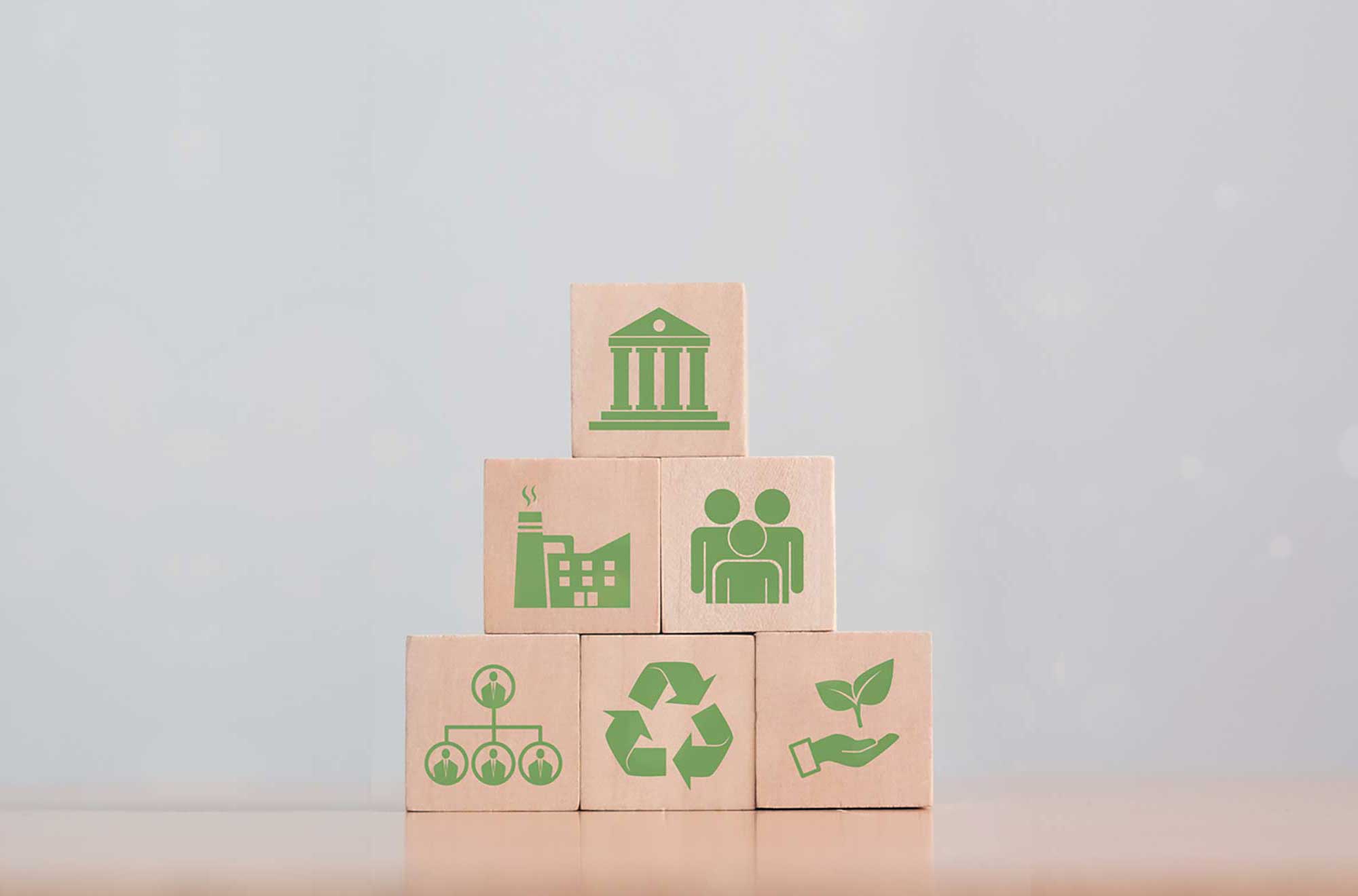Due to climate change and economic and social challenges, it has become essential to define and implement a global action plan that materializes, through objectives and targets, the path to a better world, promoting environmental sustainability, justice, equality and peace. This alignment of objectives contributes to a green, low-carbon, resource-efficient and socially inclusive economy.
There are already some defined guidelines and measures that intend to contribute to a transformative change, responding to society's growing concern and demand for direct and rapid action by governments and the European Union (EU).
In 2015, 193 world leaders committed themselves to directing all efforts towards the fulfillment of the 17 Sustainable Development Goals by 2030. This proposal, known as the 2030 Agenda for Sustainable Development, has as its mission the eradication of poverty and economic, social development and environmental, on a global scale.
At EU level were set the goals of being climate neutral by 2050 – the European Climate Pact, and reducing emissions by 55% by 2030 (Fit for 55). Portugal has also committed to the Roadmap to Carbon Neutrality 2050.
Therefore, we can highlight 4 key themes that are on the agenda, closely linked to the transition to a green economy:
• Sustainable development: “development that meets the needs of the present without compromising the ability of future generations to meet their own needs”. It is a central aspect of national, european and global political agendas, in terms of adopting these strategic principles, which aim to reinforce and harmonize the different approaches to economic, environmental and social issues;
• Decarbonization: process of reducing carbon emissions into the atmosphere, especially carbon dioxide (CO2), with the aim of achieving a global economy with reduced emissions and achieving climate neutrality through the energy transition. It is a very current term that results of the commitments stated above.
• ESG criteria: the non-financial performance of organizations is increasingly relevant to the various stakeholders, namely environmental, social and governance performance (ESG - Environmental, Social and Governance).
• Circular economy: concept whose main principle is to keep resources taken/from the environment in the economic circuit, prolonging their life cycle and avoiding their return in the form of waste.
Organizations are being pressured by the market and are beginning to perceive the need to contribute to sustainable development in its different dimensions. To this end, they focus on the effective and efficient management of their processes in order to guarantee the quality of their products or services, aiming to balance economic prosperity (creation of value for Stakeholders), social equity and environmental concern. These organizations recognize, in the implementation and certification of an integrated management system (IMS), a primordial tool to create competitive advantages and achieve the concept of Sustainable Development. The idea behind this concept is that an organization, as far as possible, can manage all of its operations through an IMS, ensuring compliance with legal and regulatory requirements, as well as the needs of the various aspects of the business, namely customer satisfaction, the quality of products or services, the creation of value for its Stakeholders, the well-being and safety of employees and the minimization of the impact of operations on the environment and society. The IMS certification allows the validation of the good practices of the organizations by an independent entity, guaranteeing that their processes, products and services are in compliance, contributing to a greater notoriety and improvement of the organization's image before the market and society, which can translate into access to new markets.
Additionally, arising from current knowledge about the influence of human activity on adverse climate events, it is accepted that decarbonization, which can be achieved in the various stages of the life cycle of a product or service, and along the value chain, has effects positive in the reduction of these events: the reduction of greenhouse gases emitted will alleviate the result of their consequences in global warming, melting ice, changes in currents, changes in the seasons of the year, among others.
Considering the sequence of stages in the life cycle of a product or service, actions or solutions can be implemented that minimize impacts and greehouse gas emissions right in the initial phase, opting for means of transport with lower emissions, promoting remote meetings, adjusting circuits logistics to avoid unnecessary routes, choosing recycled or recyclable materials, more efficient equipment, leveraging renewable materials, among others.
A more sustainable product manufacturing process or provision of services includes solutions for optimizing processes and increasing effectiveness and efficiency. Examples are the proper maintenance of equipment, the use of raw materials using automated and highly efficient equipment, the reduction of non-compliant products through the optimization of the raw materials used and the reduction of waste produced, the improvement of energy consumption and of the energy source.
As soon as the product or service is made available to the market, the impact and sustainability of the design options begin to be felt, both in the use phase (for example, by extending the life cycle of the products) and in the final phase of the its life cycle (recycling, reuse and end-of-life treatments with less impact).
All the previously identified opportunities and changes allow, in addition to a low carbon economy, the transition to a circular economy to the detriment of the older and less sustainable model of the linear economy, keeping resources in the value chain for longer, and reducing waste and unnecessary consumption of energy.
The Circular Economy paradigm, which also promotes decarbonisation, provides for new organizational models at a more macro level, involving communities at local and national level. These models promote collaboration between the various stakeholders in communities (industry, population, cities, local administration, intermunicipal communities) and result in significant savings in energy consumption (reduction in public lighting consumption and control of gas consumption), in their production and, naturally, the resulting emissions. These models also seek to change the behavior of citizens as part of these communities. Currently, there are already several standards adapted to the new reality of sustainable cities and communities.
Finally, after implementing actions and good practices that allow for decarbonization and the promotion of the circular economy, and in case it is not possible to achieve lower values of emissions, capturing carbon from the atmosphere is the ideal solution to offset emissions still present. Using sustainable agroforestry management, it is possible to create carbon sinks, reducing their weight in the greenhouse effect and, consequently, the impact on climate change. The forest plays a very important role in carbon sequestration, a situation that has generated its own carbon credit management markets to be traded to offset emissions.
Sustainable forest management and the responsible use of raw materials from the forest, in all product transformation stages until reaching the final consumer, confirmed by FSC® (FSC® A000537) and PEFC certifications, promote the use of basic products responsible, environmentally appropriate, socially beneficial and economically viable forestry, ensuring the needs of the present generation without compromising those of future generations. These certifications are recognized by the consumer, responding to the growing concern with the social and environmental aspects related to the origin of the product.
The concern with the transition to a green economy is also reflected in the world of certifications, verifications and audits, where there is a significant increase in demand for standards that support the control of emissions by organizations and products. We highlight the Carbon Footprint (GHG Protocol, ISO14064-1, ISO14067, ISO14064-2), which allows organizations to determine GHG emissions and define compensation, control, reduction and mitigation measures for them, the Water Footprint (ISO14046) making organizations more resilient in the face of increasing waves of droughts, proper Energy Management (ISO 50001), and the Circular Economy (Ecodesign, ISO 14006 and End of Waste Statute) with the aim of increasing the effectiveness and sustainable efficiency of processes productive.
Finally, the non-financial performance of organizations is increasingly relevant for the various stakeholders, namely environmental, social and governance performance, with ESG criteria and Sustainability Reports being important for defining organizational strategies. Verification of the sustainability report according to the GRI - Global Reporting Initiative standards, globally recognized references, identify the principles for organizations to make their activity and management more sustainable through the establishment of goals, performance evaluation and change management.
In addition to these standards, there are many other international, community and national programs to support decarbonisation, such as EU Emissions Trading System, among others.
APCER, nationally and internationally recognized certification body, has more than 25 years of experience in collaboration with organizations, fulfilling its mission of building trust between people and organizations, improving management practices and contributing to a sustainable society. It also provides training solutions, open or in-company, which contribute to the acquisition of skills, to the increase of knowledge and to the development of talent.
Pedro Fernandes
Climate Change Business Developer
This email address is being protected from spambots. You need JavaScript enabled to view it. | 926 381 874















